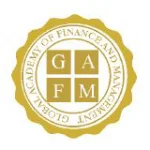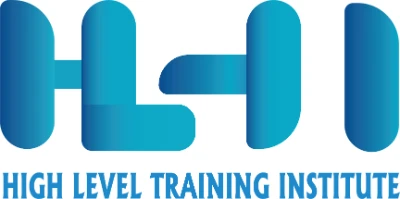CFC Certified in Financial Crimes
Financial crime is constantly evolving. As one threat is countered, another emerges. Everyone within an organization has a part to play in protecting the firm and this course provides practical knowledge and useful skills in financial crime prevention.
$2,390.00
Location: Live Virtual
Course Overview
Financial crime is constantly evolving. As one threat is countered, another emerges. Everyone within an organization has a part to play in protecting the firm and this course provides practical knowledge and useful skills in financial crime prevention.
Corporate crime is an unlikable fact in today’s big business world. It has touched every country, every industry, and has no signs of stopping. Throughout the past 5 years, the number of reported cases of fraud and corruption has continued to grow radically. Compounding this are the challenges faced by the audit team and a general lack of the necessary skill sets to collect the right audit evidence so critical to criminal investigations.
While the regulatory measures and internal controls in reporting requirements help to lessen the potential for falsified activities to take place, history has shown that ingenious employees can and have manipulated even the best control systems for personal gain.
Virtually every entity suffers from fraud, though management might not know it: organized crime, money laundering, business fraud. With fraud costing entities an estimated 5% of their annual revenues, organizations lacking proactive fraud prevention measures are the most at risk.
Benefits of Attending
- Understanding global best practice in the prevention of fraud, corruption and money laundering
- Practical guidance on anti-financial crime controls
- Reviewing latest legislation
- Examples of successful fraud prevention, detection and recovery
- Learning the requirements of regulators globally
- Implementing crucial internal controls, systems and documentation
- Preventing and detecting market abuse and anti-competitive practices in your organization
- Practical application of FATF and sanctions
- Detect red flags of fraud
- How to combat financing of terrorism
- Identify corruption practices and how prevent them
- Update on Bribery and applicable Laws
Who Should Attend
- Financial Crime Prevention Officers/Manager/Examiners/Employees
- Financial Crime Investigators
- Counter Fraud Officers/Manager/Examiners/Employees
- Forensic Auditors
- Chief Internal Auditor/Controllers
- Head of Department for Auditing
- Investigation Auditor
- Compliance Officers
- Anti-Money Laundering Managers/Officers
- Financial Auditor
- Internal Audit Manager
- Project Audit manager
- Accountants
- Financial Controllers
- Risk Managers
It is also ideal for middle and senior managers who have ownership of the responsibility of overseeing the audit process as it relates to the detection and prevention of economic crime.
Certification Body

The GAFM was founded in 1996 by the original founders of the Graduate Leadership Society. The Founders of our Standards Board are CEOs, Executives, Professors, and industry experts from around the globe. We desire to raise education standards and ethics in the business and management industries.
The Standards Policy Board awards specialized board certifications, designations, and charters in the fields of: finance, accounting, management, and consulting fields to qualified professionals who have completed internationally recognized or accredited exams & education, government recognized degrees and documented management credentials and experience. Since 1996, the Academy has been promoting accredited graduate standards for certification in business, management, law, and finance. Since the inception with the founding of the Graduate Institute of Leadership in 1996, the Academy has been focused on quality assurance with accredited education, exams, assessment, education, ethics, and continuing education. Further, applicants must also have the necessary experience in practice, research or publications in their respective areas of expertise.

